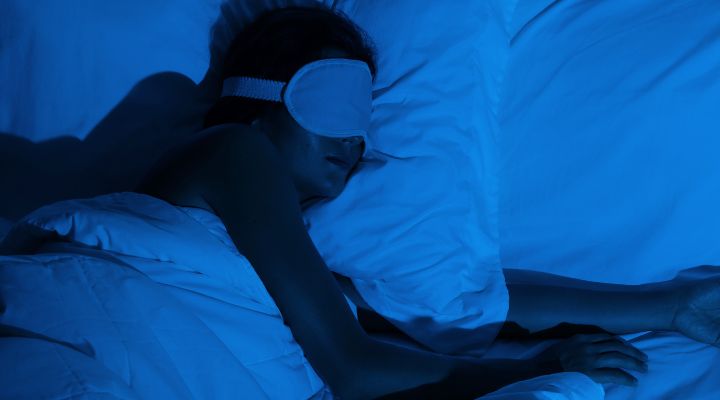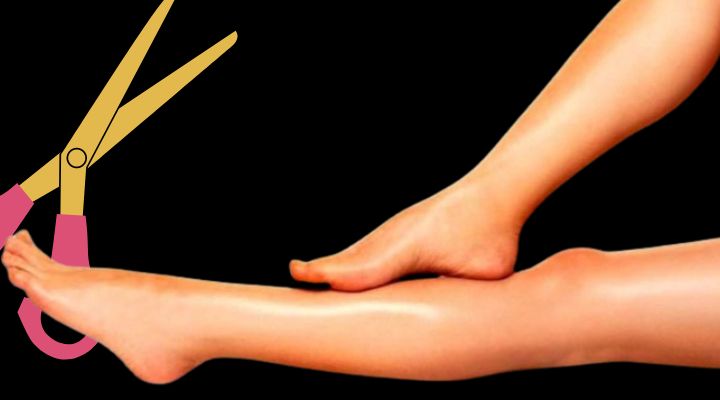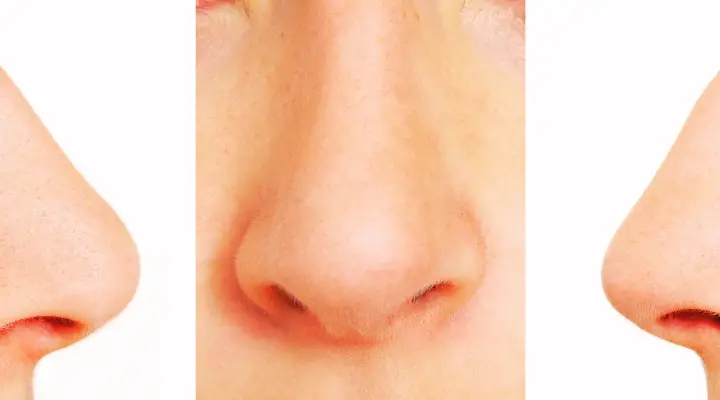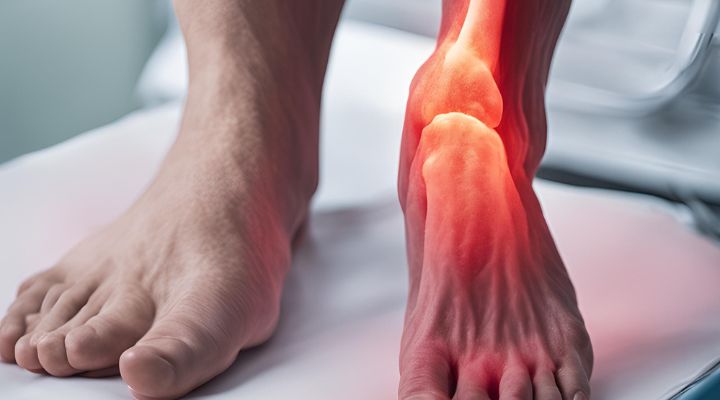Potential Health Implications of Excessive Drooling
While occasional drooling may not pose significant health risks, persistent or excessive drooling could lead to:
- Dental problems: Increased saliva production and prolonged exposure to saliva can contribute to tooth decay, gum disease, and oral infections.
- Respiratory issues: Excessive drooling during sleep may increase the risk of aspiration, where saliva or other substances enter the airways and lungs, leading to respiratory problems.
- Sleep disturbances: Constant waking due to discomfort from drooling can disrupt sleep patterns and contribute to daytime fatigue and irritability.
How to Manage Drooling During Sleep
If you frequently experience drooling during sleep, there are several strategies you can try to manage it:
- Adjusting sleep position: Sleeping on your back with your head elevated may help prevent saliva from pooling in your mouth and reduce drooling.
- Using specialized pillows: Orthopedic pillows designed to support proper head and neck alignment may help minimize drooling by keeping your airways clear.
- Seeking medical advice: If drooling persists despite lifestyle changes, consult a healthcare professional to rule out underlying medical conditions or discuss potential treatment options.







